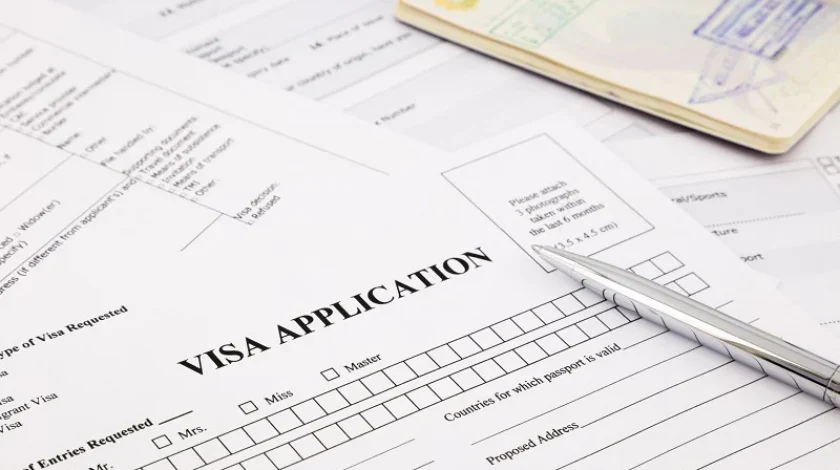On 18 April 2017, now Minister for Home Affairs, Peter Dutton, together with Prime Minister Malcolm Turnbull, made a surprise announcement that the popular 457 visa would be abolished by March 2018, and replaced with a new visa in an effort to “put Australians first”.
Since the announcement, information about the new Temporary Skill Shortage (subclass 482) (‘TSS’) visa has been scarce, leaving many employees currently on 457 visas feeling uncertain about their future. The legislative requirements of the new TSS visa were finally released on 18 March 2018.
Here’s what we know:
- The occupation list under the 457 scheme has been reduced and split into 2 lists:
- the Short-term Skilled Occupation List (STSOL) and;
- the Medium and Long-term Strategic Skills List (MLTSSL). Employees employed in an occupation on STSOL will only be able to remain in Australia on the TSS visa for up to 2 years and will not have the option of permanent residency under the TSS visa scheme.
- Higher English Language Requirements for those employed in an occupation on MLTSSL. This means that overseas workers with no option of permanent residency will need to meet a higher English Language Requirement than they would have had to under the old 457 rules. The rationale for this is arguably to encourage greater assimilation into Australian culture by immigrants who may become permanent residents.
- More robust Labour Market Testing arrangements. Employers looking to fill a nominated occupation with an overseas worker must demonstrate that in the 6 months prior to applying for the TSS nomination application, they tried, but failed, to fill the position with an Australian worker. Although this was a requirement under the old 457 scheme, there are now clearer guidelines on what is defined as acceptable Labour Market Testing evidence.
- Visa applicants will need at least 2 years full time work experience in the nominated occupation. This is in contrast to the old requirement, which necessitated demonstrating that they had the skills for the position with reference to various types of employment over the past 5 years. For many of the standard 457 holders, such as students, recent graduates and travellers on working holiday visas, this requirement may be difficult to meet.
For businesses who have had highly valued staff (paid more than $180,000), or highly skilled employees in the technology sector affected by the 457 visa changes, relief may be found in the proposed Global Talent Scheme (‘GTS’) announced by the government on 19 March 2018.
The GTS will be piloted from 1 July 2018 for 12 months, and is aimed at attracting highly skilled global talent by targeting those in the science, technology, engineering and math (STEM) sectors, or those with salaries of more than $180,000.
Unlike the 457 or TSS visa schemes, the GTS will not have a set list of occupations, nor will it have restrictions on age or permanent residency. It will be available for businesses with an annual turnover of more than $4 million, or recognised start-ups able to demonstrate a track record of, or a plan for, hiring and training Australians. Successful applicants will be issued with a 4 year TSS visa, with permanent residency available as an option after 3 years.
If you require assistance in navigating the changes to Australia’s visa structure, please don’t hesitate to get in contact with our Employment and Immigration Law Team.













